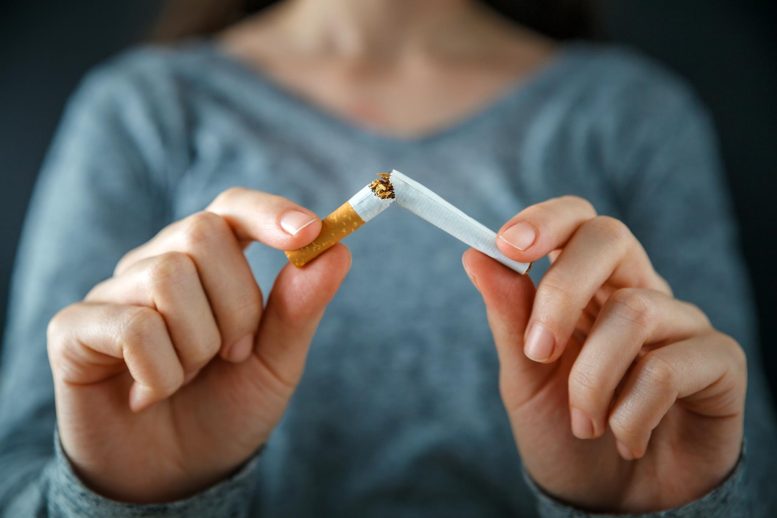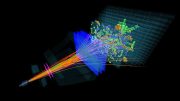
Researchers found that theta-burst transcranial magnetic stimulation (TBS) can improve self-control, resulting in reduced cigarette cravings and decreased smoking. The study revealed that people with nicotine dependence show different brain structures and functions, with these differences possibly affecting their inhibitory control, making it harder to resist the urge to smoke.
Theta-burst transcranial magnetic stimulation treatment could reduce cigarette cravings.
A recent study from the University of Missouri School of Medicine indicates a potential alternative method to address cigarette cravings.
The research demonstrates that by using theta-burst transcranial magnetic stimulation (TBS) – powerful and quickly changing magnetic pulses that influence brain activity – individuals may experience enhanced self-control, diminished cravings, and subsequently, decreased cigarette consumption.
People with nicotine dependence tend to have significant structural and functional differences in the brain, compared to healthy non-smokers. Smoking cigarettes has been shown to be associated with less grey matter, which means they have fewer neurons and other cells in the brain.
Research suggests these differences may affect inhibitory control (IC), which is our control over automatic urges and response to stimuli – what enables humans to stop an impulsive reaction to something.
“Having difficulties with IC may make it harder to avoid smoking when the urge arises, in response to all the cues and contexts in the environment that trigger the behavior to light a cigarette,” said lead author Brett Froeliger, PhD, professor of Psychiatry.
TBS refers to when magnetic pulses are applied to the brain in bursts of three and come in two forms: continuous TBS (cTBS) and intermittent TBS (iTBS). cTBS consists of applying these three bursts repeatedly for 40 seconds, whereas iTBS applies the same number of pulses irregularly for more than 190 seconds.
Magnetic stimulation has been used to treat other mental illnesses and disorders. cTBS has been experimentally tested to treat generalized anxiety disorder, whereas iTBS to the left dorsolateral prefrontal cortex – a part of your brain responsible for cognitive processes – is FDA-approved for treating major depressive disorder.
The study involved 37 participants, mostly in their late 40’s, and examined the effects of both cTBS and iTBS to the right inferior frontal gyrus, a brain region heavily involved with IC. Researchers found that cTBS improved IC, whereas both cTBS and iTBS reduced cravings and, subsequently, smoking.
“Identifying treatments that improve IC may help reduce smoking and can potentially help with preventing relapse following when a person attempts to quit smoking,” Froeliger said. “Treatments that improve IC may also help disrupt the cycle of drug use among individuals with other substance use disorders; however, further research is needed to examine the clinical value of TBS for treating substance use disorders.”
Reference: “Effects of Hyperdirect Pathway Theta-Burst Transcranial Magnetic Stimulation on Inhibitory Control, Craving, and Smoking in Adults with Nicotine Dependence: A Double-Blind Randomized Crossover Trial” by Spencer Upton, Alexander A. Brown, Muaid Ithman, Roger Newman-Norlund, Greg Sahlem, Jim J. Prisciandaro, Erin A. McClure and Brett Froeliger, 9 August 2023, Biological Psychiatry: Cognitive Neuroscience and Neuroimaging.
DOI: 10.1016/j.bpsc.2023.07.014









Also look into Ozempic. Yeah, it’s for Diabetus, and weight loss. However they also see a reductions of all sorts of addictions as well.
Quit 4 yrs ago taking Wellbutrin SR after 20+ yrs! I seriously didn’t even think about it! One day I just woke up and was like wow I haven’t had a cig in like 2 days and never craved one since!!